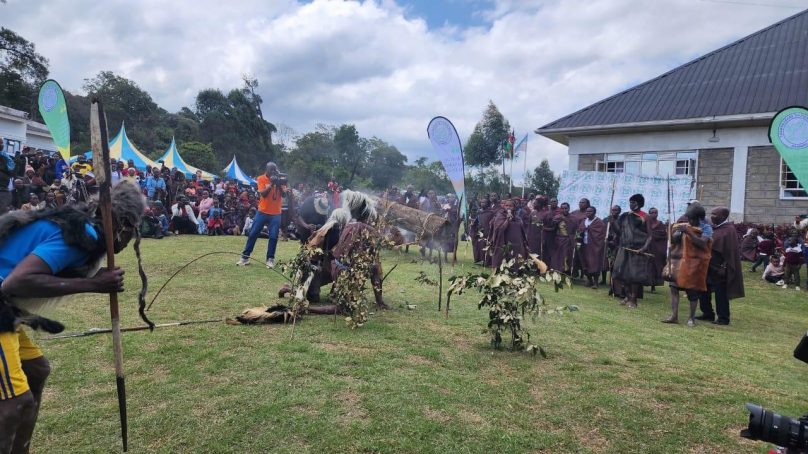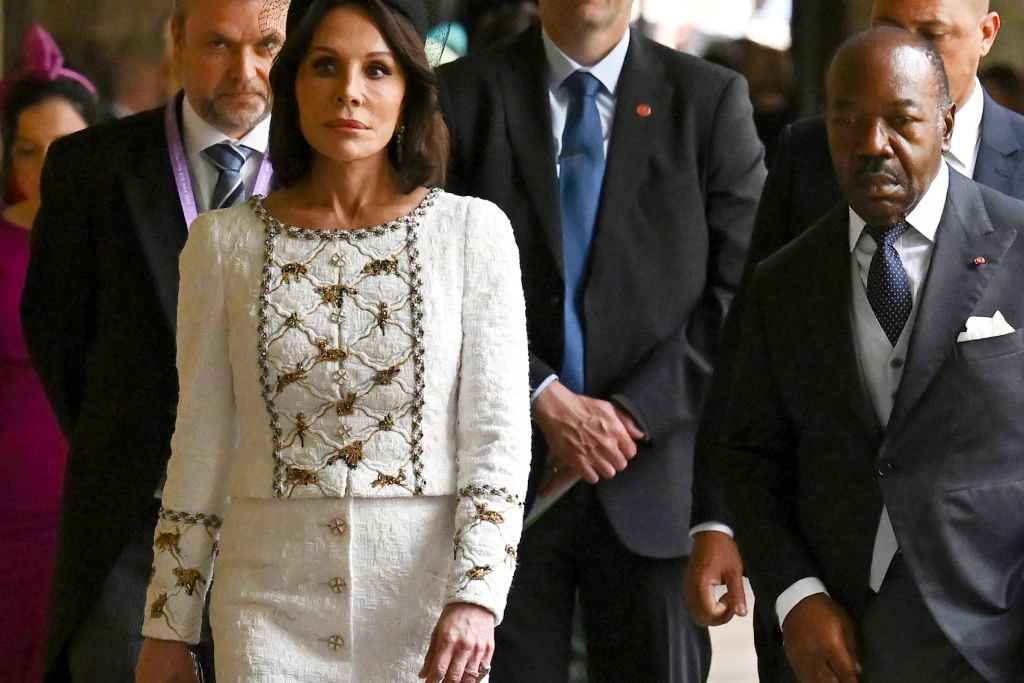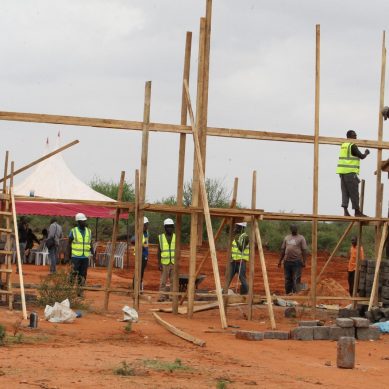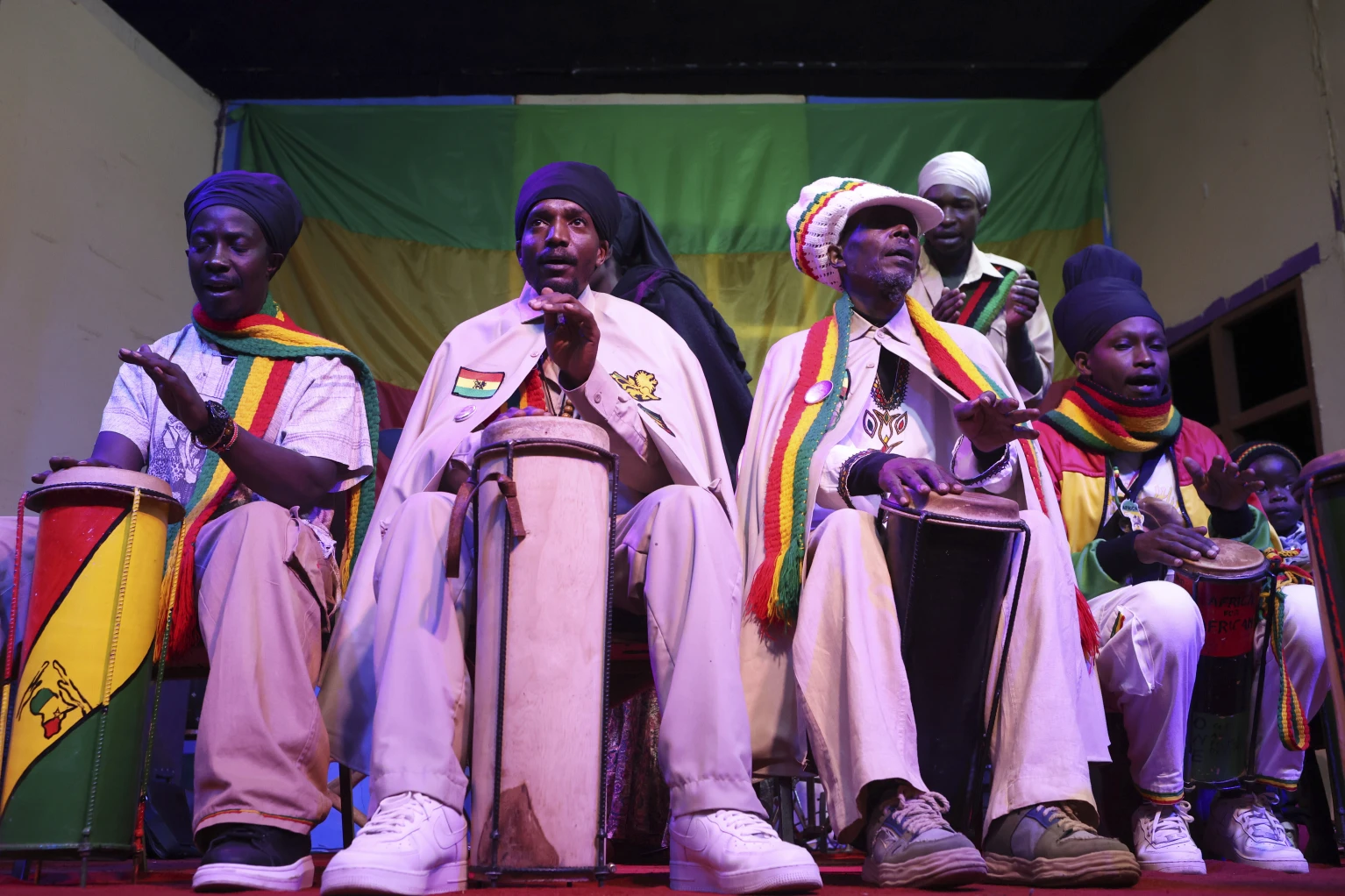
For centuries, the Ogiek community in Kenya has lived in harmony with the Mau Forest Complex, drawing their food, medicine and spiritual identity from its vast scintillating green canopy. But for a community long excluded from official recognition, their annual cultural festival is more than a celebration; it is a statement of existence.
The community still finds itself on the periphery of the Kenyan society despite recognition of their rights in local and international courts of justice. In a landmark ruling in June his year in a case that had spanned over a decade, the African Court on Human Rights granted the Ogiek the right to live in and access the Mau Forest resources.
The verdict highlights the intersection of indigenous rights, environmental conservation and state accountability.
“Despite significant victories at the African Court on Human and Peoples’ Rights, Kenya’s government has stalled the implementation of compensation and reparations, prompting the case to return to the court for further enforcement,” notes, Just Conservation, an international human rights organisation that focuses on the rights of indigenous communities.
During Sixth Annual Ogiek Cultural Festival in Nkareta, Narok North, drums, songs and traditional dances rent the air as the community showcased their heritage. Yet behind the colourful displays lay a deeper message: the Ogiek want Kenya and the world to acknowledge their culture, protect their rights and secure their ancestral land.
Accordint to Just Consrvation, “The Ogiek people have lived in the Mau Forest region for centuries, relying on the forest for their cultural, spiritual and economic sustenance. However, colonial and post-colonial government policies systematically denied the Ogiek their land rights, subjecting them to forced evictions and exclusion from their ancestral territories. The community’s struggle for recognition culminated in a case filed at the African Court on Human and Peoples’ Rights, alleging that the Kenyan government violated several articles of the African Charter on Human and Peoples’ Rights.”
Executive Director of the Ogiek Peoples’ Development Programme (OPDP) Daniel Kobei says the recent festival serves as both cultural revival and advocacy.
“Every year we bring our people together to remind the younger generation who they are,” Kobei explained. “Through weddings, skits and songs. We teach them that without culture, you have no history, no heritage and no future. The Mau Forest is our home, our supermarket and our pharmacy. It gives us food, honey and medicine, which is why we protect it.”
Kobei described the Ogiek as natural conservationists whose survival is intertwined with the ecosystem. Their beekeeping depends on nectar and flowers, while their traditional hunting and gathering once sustained them with wild berries and tubers.
“The forest found us here,” he said. “It is part of us and we must safeguard it for future generations.”
But for all their contributions to conservation, the Ogiek have endured repeated evictions in the name of protecting the very forests they helped preserve.
“The case was not just about land but also about the Ogiek’s identity, culture and environmental stewardship. As guardians of one of Kenya’s most important ecosystems, the Ogiek have played a crucial role in preserving biodiversity and sustainable forest management. Their exclusion from the land threatened not only their survival but also the ecological health of the Mau Forest,” says Just Conservation.
It says that, after nearly eight years of litigation, the African Court delivered a historic judgment in May 2017, ruling in favor of the Ogiek community. The Court found that Kenya had violated seven articles of the African Charter, including rights related to property, natural resources, culture, religion, and development. The Court emphasized the importance of recognizing the Ogiek’s collective land title to ensure their protection and enjoyment of their ancestral lands.
In its ruling, the Court highlighted that “the Ogiek have a unique relationship with their ancestral land, which is integral to their cultural, spiritual and economic life. The denial of their land rights constitutes a violation of their fundamental human rights.” This judgment was hailed as a milestone for indigenous rights in Africa, setting a precedent for collective land ownership and environmental guardianship.
Following the initial ruling, the African Court issued a reparations judgment in July 2022, ordering Kenya to compensate the Ogiek for the damages suffered. The reparations included material damages amounting to Ksh57,850,000 (approximately $477,700), intended to cover losses related to development, property, and natural resources, as well as moral damages totalling Ksh100,000,000 (approximately $823,700), recognising the suffering, distress, and infringement of the Ogiek’s cultural and religious values.
The Africa Court mandated the establishment of a Community Development Fund within 12 months, into which all compensation funds would be deposited. This fund was to be managed with adequate representation from the Ogiek community to ensur that the reparations directly benefit those affected. The court also ordered the Kenyan government to take all necessary measures, in consultation with the Ogiek, to identify, delimit and grant collective land title to the community, thereby securing their rights to the land.
Against this backdrop, says Kobei, “It is time the government recognized us, resettled those evicted, and affirmed that the Mau is our home,”
His sentiments were echoed by Lee Njiru, former Press Secretary of the late President Daniel arap Moi, who praised the Ogiek for keeping their traditions alive.
“Culture is the foundation of every community. Without it, we are floating in the air,” Njiru said. “The Ogiek remind us of the power of material culture but we must also restore what is disappearing, our proverbs. Proverbs are a people’s constitution, their distilled wisdom. Today, children in cities no longer know them.”
Njiru called for greater institutional support for minority groups. “We need a Ministry of Communities, not just Heritage. Minorities like the Ogiek, Walyangulu and others must have dedicated representation in government. Their voices matter for Kenya’s identity and future.”
On its part, the government affirmed its readiness to address the plight of minority communities. Head of the Minority and Marginalized Affairs Unit in the Office of the President Lowoi Josphat Lodeya acknowledged the Ogiek’s exclusion from Kenya’s official list of ethnic groups and pledged action.
“For too long, smaller communities like the Ogiek were treated as clans rather than full communities,” Lodeya said.
“Our office is working with ministries and commissions to draft policies and laws that will ensure every community is recognised and protected. Kenya is not just 42 communities, we could be 100 if all are counted and respected.”
Lodeya stressed that inclusion is part of President William Ruto’s vision.
“Bringing diversity to the centre is the call of this government. Our mandate is to make sure every community has a voice, a say, and protection against discrimination. Recognising the Ogiek is not charity, it is a human rights issue.”
As the festival drew to a close, in the Ogiek Village, the blend of song, dance and storytelling painted a vivid picture of a people determined to preserve their culture against the odds. For the Ogiek, recognition is more than symbolic; it is the key to securing their future, protecting their forests and passing on their heritage to generations yet unborn.
And as Njiru put it, culture is the root that anchors people. Without it, the Ogiek and indeed Kenya risk losing not just history, but identity itself.
Says Just Conservation, “Despite the clarity and urgency of the court’s orders, the Kenyan government has repeatedly stalled the implementation process. By late 2024, Kenya had failed to submit the required reports on compliance, leading to delays in hearings and requests for additional postponements. The African Court’s compliance hearing was delayed by over 12 months due to Kenya’s non-compliance.”
- A Tell Media / KNA report / By Lamech Willy







